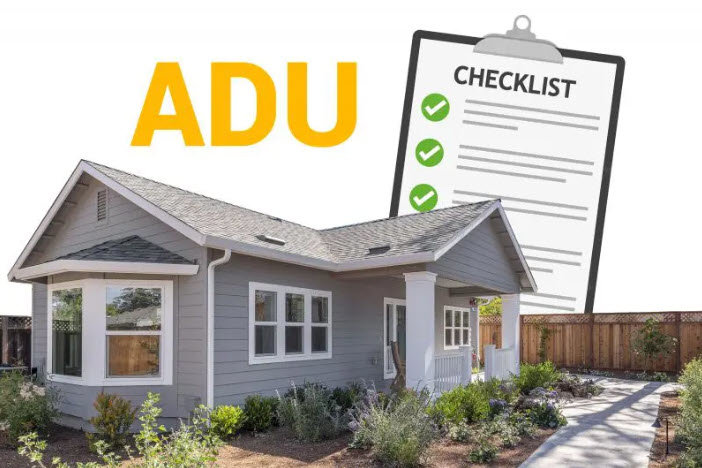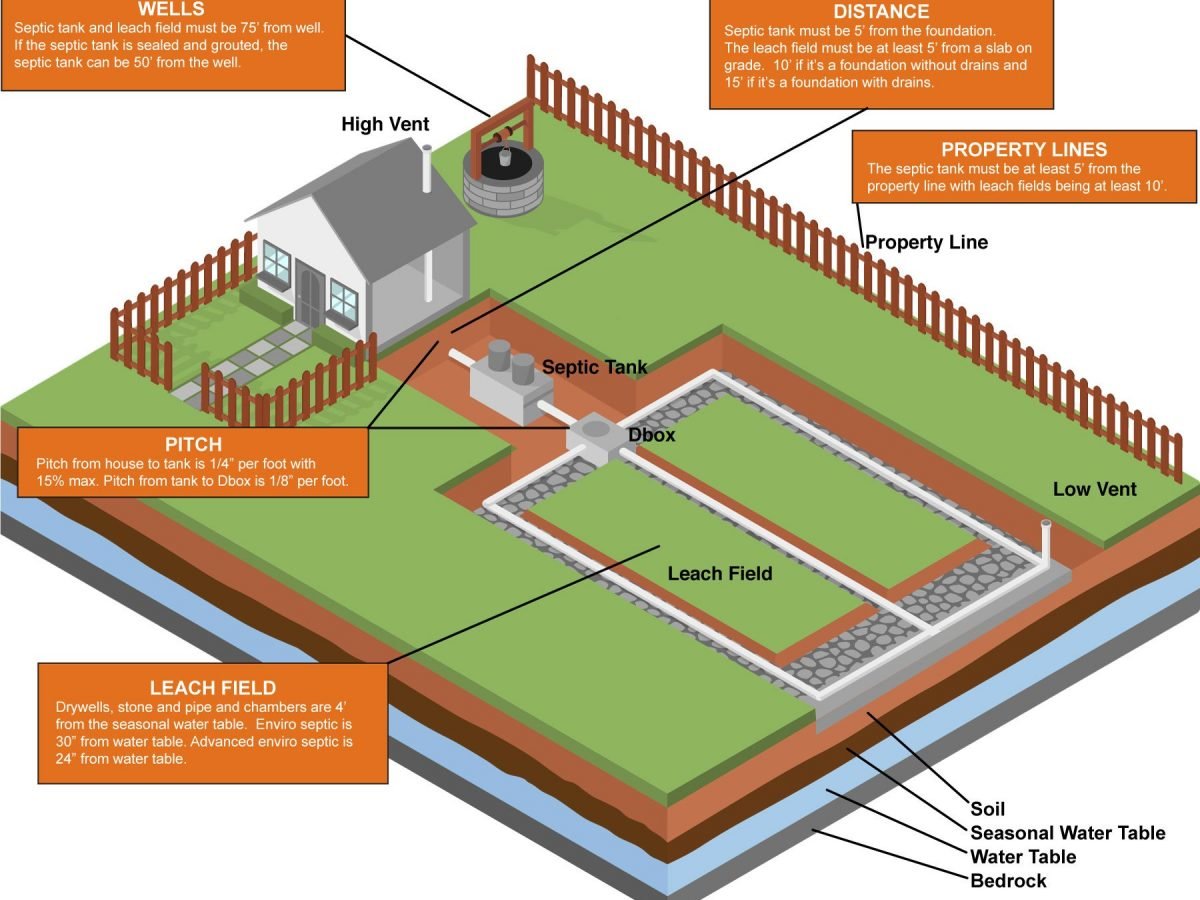
If you're a homeowner considering adding an Accessory Dwelling Unit (ADU) to your property, here are some things to consider:
1. Local regulations: Be sure to research the local regulations and zoning requirements in your area to ensure that you are allowed to add an ADU to your property. Some towns may have restrictions on the size, location, or appearance of ADUs.
2. Building codes: ADUs must meet the same building codes and safety standards as other residential units. It's important to hire a licensed and experienced contractor who can ensure that your ADU is built to code and is safe for occupants.
3. Financing: Adding an ADU to your property can be a significant investment. Consider the cost of construction and any financing options that may be available, such as home equity loans or lines of credit.
4. Rental income: If you plan to rent out the ADU, you'll need to determine a rental rate that is fair for both you and your tenants. You'll also need to be prepared to manage the rental property, including screening tenants, collecting rent, and handling maintenance and repairs.
5. Property management: If you don't plan to manage the ADU yourself, you may need to hire a property management company to handle day-to-day operations, such as tenant relations and maintenance.
6. Privacy and security: Consider how the ADU will affect your privacy and security as well as the privacy and security of your tenants. You may need to install additional fencing or landscaping to provide privacy for both units.
7. Parking: Be sure to consider parking needs for both your primary residence and the ADU. Some towns may have regulations on the number of parking spaces required for each unit.
Overall property value: Consider how the addition of an ADU will impact the overall value of your property. While adding an ADU can provide additional income and flexibility, it can also impact the value of your home in the long run.

Water Supply and wastewater disposal are always a factor and deserve special attention.
When adding an Accessory Dwelling Unit (ADU) to your property, it's important to consider the requirements for water supply and wastewater disposal, especially if your property relies on a well and septic system.
Here are some things to keep in mind:
1. Well water supply: If your primary residence and the ADU will share a well, you'll need to ensure that the well can handle the increased water demand. A licensed well contractor can perform a well yield test to determine the well's capacity and ensure that it meets local regulations.
2. Septic system: If you have a septic system, you'll need to determine whether it can accommodate the additional wastewater generated by the ADU. A septic system inspection can help identify any potential problems and ensure that the system is functioning properly.
3. Septic design: If your septic system needs to be expanded or upgraded to accommodate the ADU, you'll need to hire a licensed septic designer to create a plan that meets local regulations. The plan will need to be approved by the local health department before construction can begin.
4. Permits: You'll need to obtain the necessary permits for any changes to the well or septic system. This may include a well construction permit, a septic system design permit, and a septic system installation permit. Check with your local health department to determine the specific requirements in your area.
5. Maintenance: Regular maintenance of your well and septic system is crucial to ensuring their continued operation and longevity. Be sure to have both systems inspected and pumped on a regular basis to prevent problems and prolong their lifespan.
By considering the well and septic requirements for your ADU, you can ensure that your property is safe, healthy, and compliant with local regulations. It's important to work with licensed contractors and designers who are familiar with local requirements and can help guide you through the process.

Leave A Comment